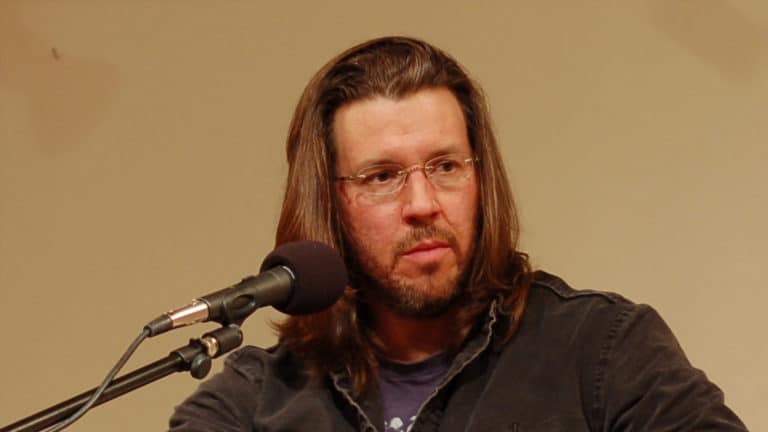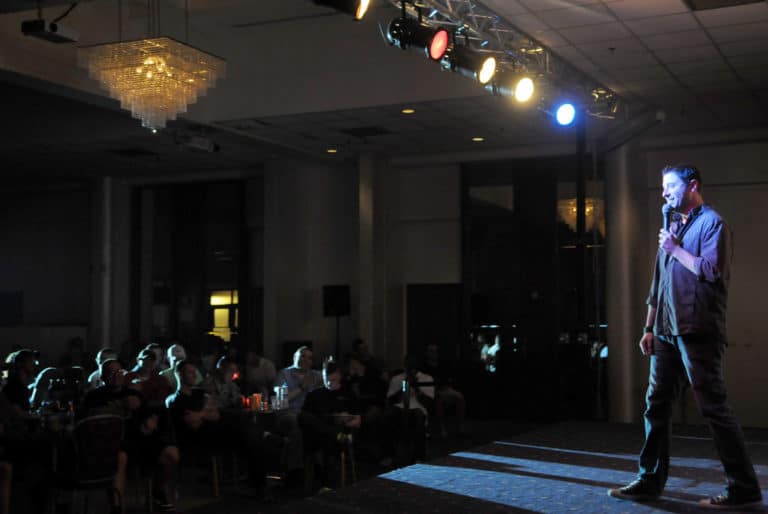Perhaps because it’s the narrative mode that most resembles our interior as people, first person narration is the natural impulse of many developing writers. My inclination was no different as I wrote my debut novel, which I completed mostly in isolation, unconnected to any community of writers. Using the “I” seemed to me the only choice in telling the story, which concerned a woman trying to revise her personal history and her broken relationship to two brothers. There lay the most control, the most emotion, the reader’s most direct line of access to the protagonist’s experience. While the first person may very well have best served that novel, my next project asked for something totally different, and I was soon answering questions about my second book that my first had never asked me.
While my first book had dealt with the subjectivity of remembrance as it clashed with the external, my second measured the effects of the same environment, the same weather, the same conflicts, on five very different people. I began using the close third, which seemed straightforward at first—“he crossed to the window to watch the ambulance idling,” “she passed a hand over the bald patch on the back of her neck,”—but in no time I was busy devising systems that would engineer greater specificity. A character with mental disability would think primarily in the present tense, limited as he was in measuring the past and its consequences; a visual artist would notice color more than the average person; a depressive, anxious person would think half in the voices of old arguments.
The funny thing about setting limits for ourselves as writers is that often, after period of struggle against the circumscription, we find ourselves a little more flexible. We find new ways of saying, of seeing, given the doors we have willfully closed. By the time the last sentence of my second novel had been revised for the fortieth time, I could re-read it and feel that I had produced a book that was both the sum of many small choices and something else, bigger and harder to name, that transcended that. This pride, as a writer, is akin to the way that it thrills me to combine unlikely flavors when cooking for a loved one, to hear them say, “What IS that? It’s delicious!”





















